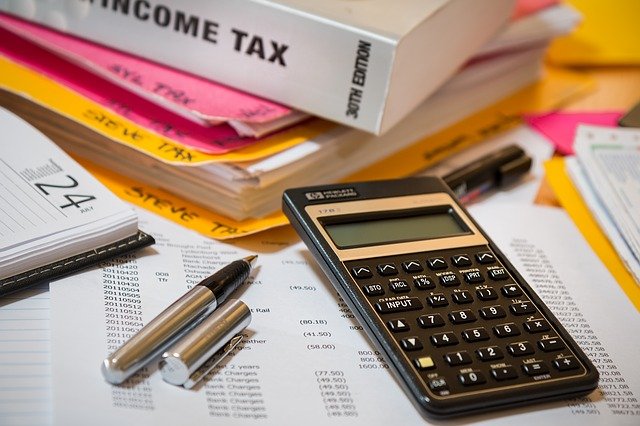In the investing world, a correction is defined as a decline of 10% or more in the price of a security from its most recent peak. These corrections can happen to individual assets, like an individual stock or bond, or to an index measuring a group of assets.
An index, asset or market might fall into a correction for either a brief amount of time or for sustained periods. It can be days, weeks, months, or even longer. However, the average market correction is short-lived and lasts anywhere between three to four months
Charting a correction
Corrections can sometimes be projected by using market analysis, and by comparing one market index to another. In this method, an analyst might discover that an underperforming index may be followed closely by a similar index that is also underperforming. A constant trend of these similarities might be a signal that a market correction is imminent.
The technical analysts study price support and resistance levels in order to help predict when a reversal or consolidation may turn into a correction. Technical correction happens when an asset or the entire market gets overinflated. Charting is used by analysts to track the changes over time in a market, index or asset. Some of the tools used by these analysts in order to determine where to expect price support and resistance levels include trendlines, envelope channels and Bollinger Bands.
Investments for a correction
Prior to a market correction, individual stocks might be strong or even outperforming. During a correction period, individual assets frequently perform very poorly to adverse conditions of the market. Corrections can create an ideal time to buy high-value assets at discounted prices. On the other hand, investors should still weigh the risks involved with purchases, since they could see a further decline as the correction continues.
Investing in a correction period
Although a correction can affect all equities, it often hits some equities harder than others. High-growth, small-cap stocks in volatile sectors, like technology tend to react the strongest. Other sectors are more buffered. For example, consumer staples tend to be business cycle proof, since they involve the production or retailing of necessity goods. Therefore, if a correction is caused by or deeps into an economic downturn, these kinds of stocks still perform.
Diversification also offers some protection if it involves assets that perform in opposition to those being corrected, or those that are influenced by a range of different factors. For instance, bonds and investment vehicles have always been a counterweight to equities. Tangible or real assets like commodities or real estate are another option to financial assets such as stocks. Even though market corrections can be challenging, and a 10% drop may significantly hurt many investment portfolios, corrections are sometimes considered positive for both the market and for investors. For the market, corrections can help to readjust and recalibrate the asset valuations that may have become unsustainably high. The investors can be presented with both advantages and disadvantages while tackling m



